Air Filters 101
Health is something most people keep in mind on a regular basis. Following a healthy diet, exercising, or visiting a medical professional often come to mind as examples of maintaining a healthy lifestyle. But if you were challenged to consider additional factors that assist in maintaining one's health, would AIR QUALITY come to mind?...Maybe and maybe not.
The reality is air quality does play a vital factor in one's day-to-day health. In fact the EPA (United States Environmental Protection Agency) says indoor air quality is a top 5 cause of health risks in the USA. The purchase and proper use of a home air filter help homeowners tackle the health risks associated with poor indoor quality!
While examples of poor OUTDOOR air quality can be easily identified (smog, etc.), the signs or poor INDOOR quality may not seem as evident. This is in part because many of the causes of poor indoor air quality are so incredibly small they can't be seen by the naked eye! A worthwhile home air filter has the capability of removing these small pollutants from the air, which is a good thing because pollutants with a diameter small than a human hair can cause trouble in the human body if inhaled.
Home air filters are evaluated by how well they remove small pollutants (sometimes refered to as particles) from the air stream. Smoke, pet dander, mold, carpet fibers, hair spray, and cleaning product residue are just some of the many bad particles that can be found in your living room, bedroom, kitchen, or bathroom. With SO many pollutants in SO many places, how does an air filter get rid of them?
That's where the term "MERV" comes in. Hang in there because this gets a little complicated...One of the most common terms used to evaluate the quality of an air filter is MERV (Minimum Efficiency Reporting Value). While the complete MERV rating scale ranges from MERV 1 (very poor quality) to MERV 20 (very high quality), you are more likely to see ranges from MERV 8 (average quality) to MERV 13 (high quality) in residential environments.
Lower quality air filters have a lower MERV rating because they capture LESS of the tiny pollutants in the air. These filters on the lower end of the MERV scale are also cheaper and may not last as long. Higher quality filters have higher MERV rating numbers because they capture MORE of the tiny pollutants in the air. Filters rated higher on the MERV scale have a higher capability of removing small pollutants from the air stream and generally last at least 3 months. Also, the higher a filter's MERV rating, the better those filters are suited to provide air quality suitable for environments including those with smokers, young children, seniors, and those who suffer from allergies.
While MERV seems to be one of the most common methods of evaluating quality, unfortunately not all filter brands use the MERV rating scale. Walmart offers Filtrete brand filters that are evaluated using a system called MPR. Honeywell brand filters that can be found at Home Depot use something called FPR. Confused yet? We at Abreezeair.com wanted to reduce the confusion, so we offer our Abreezeair brand filters using the MERV system only.
Once you are comfortable with which MERV rating is best for your home environment, the size of filter needs to be considered. Home air filters generally come in 1-inch, 2-inch, and 5-inch thicknesses; all of which are available on Abreezeair.com. In order to determine which size of air filter will work for you, take a look at the frame of your existing filter. The size of filter should be printed somewhere on the filter frame.
The 1-inch and 2-inch thick filters offered on Abreezeair.com should last 3 months before the need to be replaced. 5-inch filters offered on Abreezeair.com are expected to last at least 3 months and possibly up to one year. It's also a good idea to occasionally take a look at the amount of dirt and debris that has accumulated on your existing filter since it has been in use. When too much dust and debris builds up on an air filter, the filter will appear to have a dark "film" which can reduce the performance of your central air system as well as affect overall air quality. When the proper air filter for your system is regularly changed, you can save money since your central air system performs at an optimal level reducing your heating and cooling costs by 5%-15% according to the EPA!


